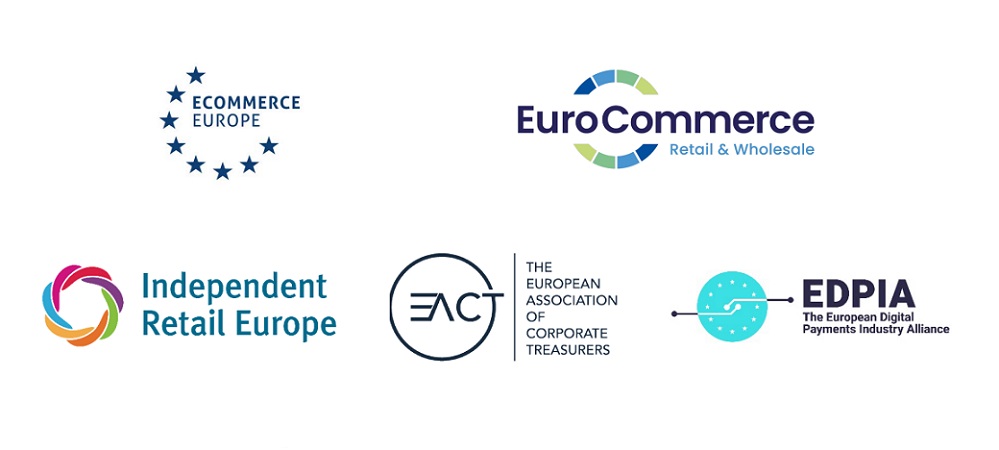
The European Digital Payments Industry Alliance (EDPIA), together with the Electronic Money Association, the European Fintech Association, the European Payment Institutions Federation, the European Third Parties Providers Association, the Spanish Fintech & Insurtech Association, and the Fintech Hub LT have co-signed a letter on the Eurosystem policy statement on non-bank Payment Services Providers (PSPs) access.
On 8 June 2015, the EU’s interchange fee regulation (IFR) entered into force, effectively capping a key part of the wholesale price of payments, to the benefit of EU businesses and consumers.
„Ten years later, we note that International Card Schemes (ICS) have found new ways to unfairly increase wholesale costs to the European payments ecosystem. Data shows a cumulative increase in ICS’ fees of 33.9% between 2018 and 2022 (7.6% per year average), on top of inflation, without a corresponding improvement in service for EU merchants and consumers.” – according to the press release.
Another study estimates that their fees rose by an average of 47% (in one ICS, by 150%) between January 2018 and May 2020[i]. The European Commission itself referred to similar estimates, including that these fees increased by €1.46 billion between 2016 and 2021[ii].
International Card Schemes have been able to increase their fees without sufficient competitive challenge or regulatory scrutiny. They have also rendered their system of fees and rules so complex and opaque that players are unable to understand, let alone challenge, what they are paying for and why. This situation is also detrimental for consumers, who also bear the costs of ICS fees paid by businesses.
While all other players in the ecosystem are subject to transparency and simplification requirements, the ICS continue to place a large, unilaterally mandated burden on all members of their network to conceal their extraction from the economy at large, in Europe and beyond.
This increasing cost and escalating complexity are hampering Europe’s economic strength and strategic autonomy. The development of alternative EU payments methods, such as Instant Payments, a well-designed Digital Euro and the interoperability of European domestic payment methods have the potential to help maintain a more balanced competition level in the payment market in the long term.
However, these future-facing projects are unable to stop in the short term the harm being caused in the card payments market. Anti-competitive practices of the ICS today are detrimental to the European payment methods of today and prevent the development of future alternatives tomorrow.
The Associations urge Europe to act by reviewing the Interchange Fee Regulation (IFR), as recently called for by Parliament[i], to the current reality. The IFR’s aim of reducing the wholesale cost of digital payments and fostering more competition in EU payments is being undermined and should be updated to impose price controls on scheme fees
____________
The European Digital Payments Industry Alliance (the EDPIA) represents the interests of independent Payment Services Providers headquartered in Europe. Its purpose is to contribute to EU policy debates that define the business environment for digital payments, and to strengthen the visibility and understanding of the European payments industry amongst policy makers and European society.
„Our broader objective is to support the EU’s objective to create a Digital Single Market, fuelled by digital payments. We are in favour of a strong, stable and properly enforced European regulatory framework that enables intense competition between transparent and market-based solutions, allowing them to compete for the trust of their European and global clients.”
Banking 4.0 – „how was the experience for you”
„To be honest I think that Sinaia, your conference, is much better then Davos.”
Many more interesting quotes in the video below: